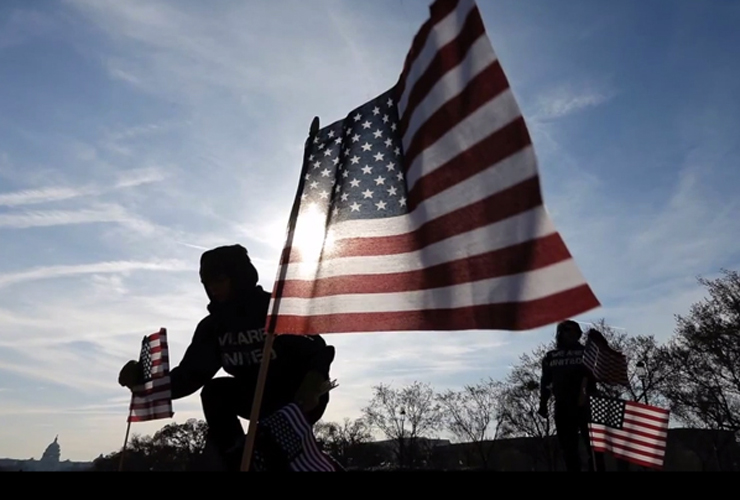What can crisis interventionists and other civilians involved in suicide prevention do to better understand and assist veterans and their families?
First, they can ask if military service occurred, and under what circumstances including combat exposure. Second, they should acquire a better understanding of and appreciation for the soldier’s experience.
“And listening to the vet. Listening to what the issues are, the real human issues,” says Lawrence Lehmann, MD, chief consultant for mental health with the Department of Veterans Affairs.
Those human issues may be as commonplace as marital or financial difficulties, child-rearing challenges and loneliness. Or they could be as critical as undiagnosed post-traumatic stress disorder, survivor guilt and flashbacks to the battlefield – complete with overpowering sights, sounds and smells of war.
Additionally, the veteran may be numbing mental anguish with alcohol, illegal drugs or misuse of prescribed medications.
“Substance abuse is a universal lubricant for all kinds of bad things,” adds Lehmann.
Barring a suicidal crisis, Lehmann suggests civilians working in suicide prevention encourage veterans and their families to tap into VA to obtain mental health services. VA now has enhanced medical benefits, including offering two years of free health care to military personnel who recently served in a combat zone. In the past, veterans had to prove that a medical problem was connected to their military service. VA physicians and psychologists also have in-depth knowledge of post-traumatic stress disorder and other conditions that can predispose veterans to thoughts of suicide.
“Encourage them to contact mental health services at their local VA medical center – during regular business hours,” says Lehmann. “We don’t technically have ER, but we have acute triage that’s 24/7.”
Marty Melstrom, a psychologist with the Carl T. Hayden VA Medical Center in Phoenix, notes that tapping into VA has been recently streamlined for those returning from Iraq.
“Every eligibility department at VA now has an Iraqi Freedom coordinator whose job it is to fast track newly returning veterans into services they want or need,” says Melstrom, adding that this is part of mandatory training for VA staff under the VA’s “Our Turn to Serve” initiative to help Iraq veterans. “The motto is, treat first and worry about benefits and eligibility second.”
Finally, Lehmann encourages crisis interventionists and others to partner with local affiliate offices of the Department of Veterans Affairs to exchange information and support one another’s services related to suicide prevention. VA has facilities in all 50 states.
“This is the direction we’re heading in – linking up to existing community resources, and doing this as sort of an ongoing public health activity,” Lehmann notes. “The question becomes how to best hook up more with community environments – how to get more VA elements into non-VA organizations.” “As for the Guard and Reserves, we’re trying to do outreach to them. There are limitations, but if we get ourselves invited, then we’ll certainly come.”


